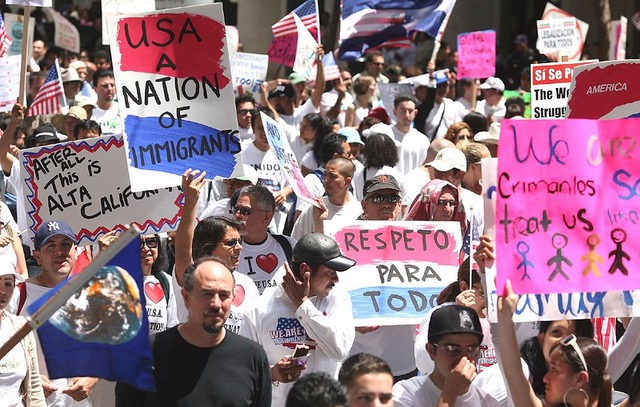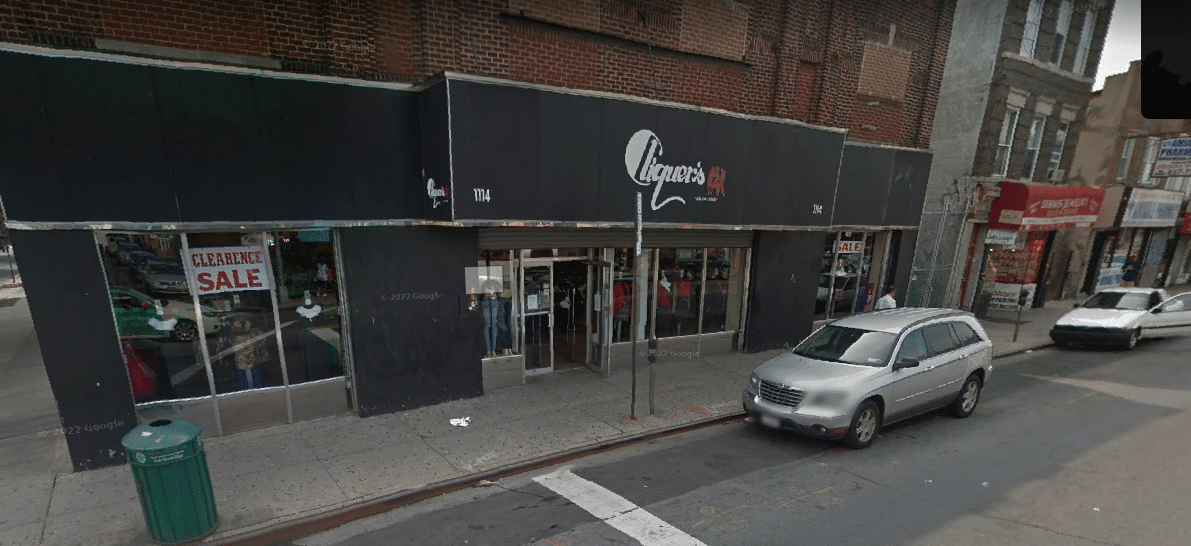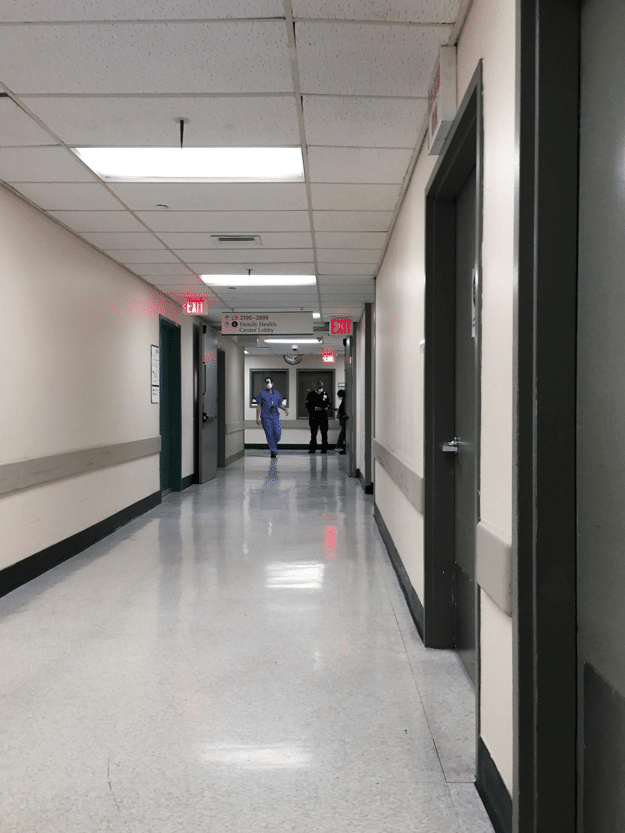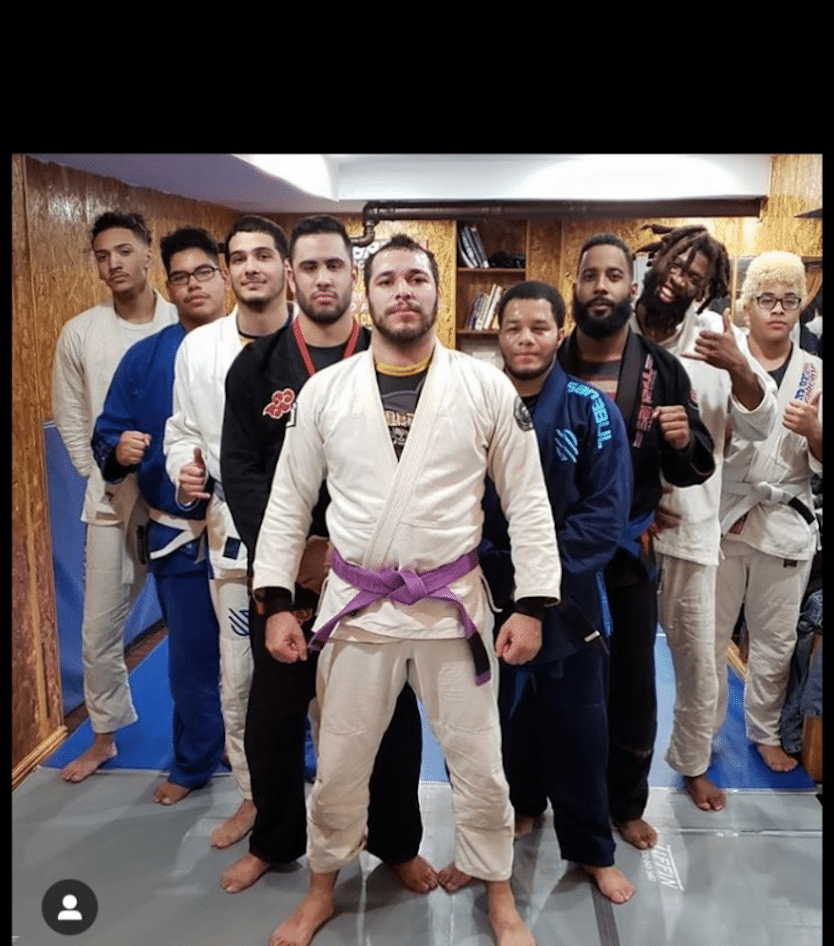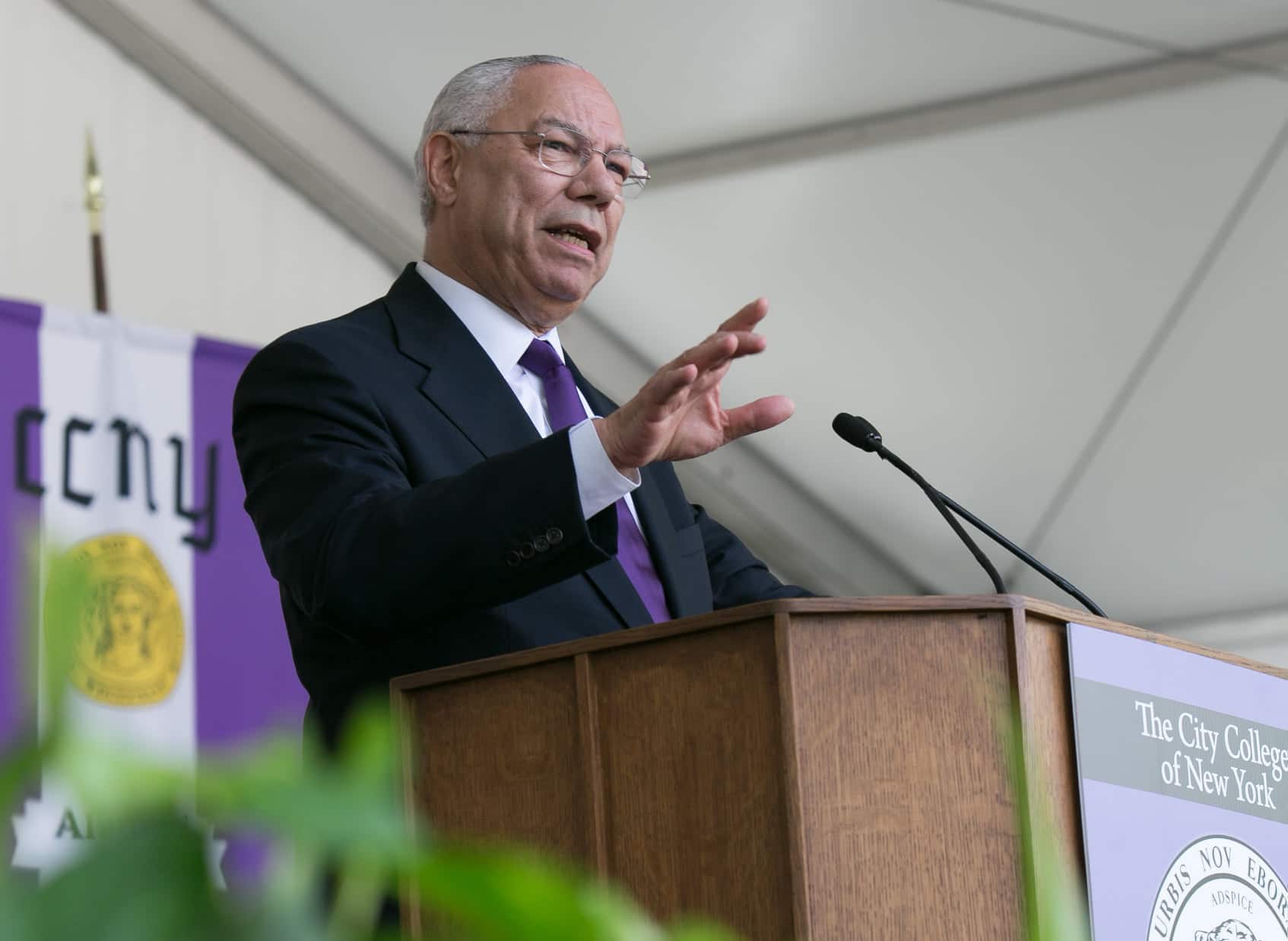With family members who don't know how to navigate college requirements, immigrant students can find the path challenging. Photo Credit: Tim Gouw on Unsplash
Arijana Medunjanin, a 27-year-old CUNY student majoring in radiology technology, found herself totally confused last year when she decided to transfer from Queensborough Community College to City Tech. As she struggled with CUNYfirst, she had no one to turn to at home: Neither of her parents, immigrants from Albania, had attended college—and neither spoke English fluently. “My parents expected me to figure it out on my own, since they didn’t speak the language,” says Medunjanin, now a sophomore, who struggled with missing credit during the transfer process. “CUNY has a five-year limit to retake courses is what they told me for the classes I wasn’t able to retake. I was stuck on my own along the way.”
New research released earlier this month shows that universities and colleges across the U.S. are seeing a major change in student demographics. The study from the Migration Policy Institute in Washington D.C. showed that the percentage of first-generation and immigrant students increased from 20 percent of the nation’s 19 million college students in 2000 to nearly 30 percent in 2018.
CUNY, one of the country’s most diverse universities with large numbers of immigrant students and students with immigrant parents, expects to experience a similar upward trend. Thirty-four percent of undergraduate students in the university system were born outside of the U.S. mainland, representing 209 different countries and 268 languages other than English, according to CUNY data from Fall 2018. For these students, as well as those like Medunjanin who was born here but whose parents weren’t, navigating CUNY and college in general comes with an added burden.
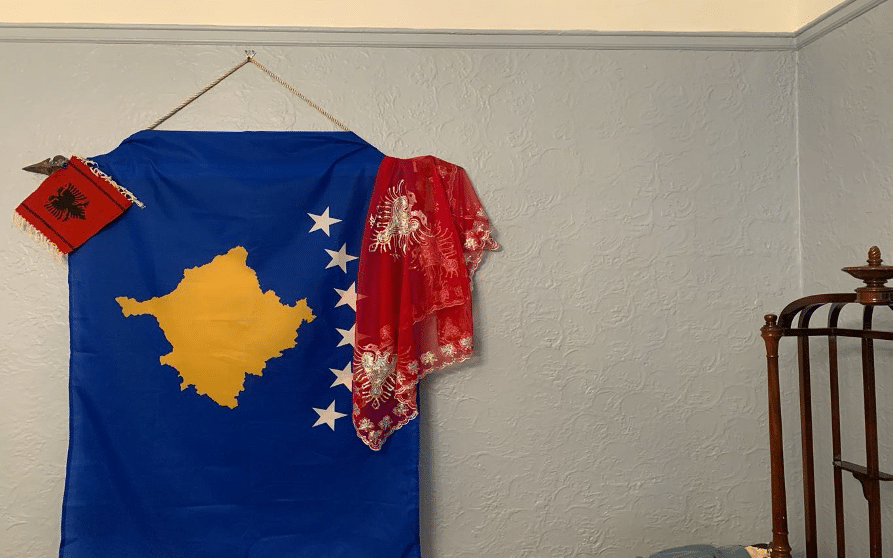
Daniel Aguilar, a first-generation Mexican/Colombian American student, had to face the CUNY system with little guidance. His parents and family members weren’t able to guide him, which led him to jump from Queens College to LaGuardia Community College, and eventually to The City College of New York pursuing a BS in Computer Science. Not knowing what he wanted to major in and how to excel in college led him to feel beaten, lost and unmotivated with his schoolwork. “At QC, I faced the most challenges,” Aguilar says. “It was a lot of me trying my best to figure things out.”
Problems like these led to psychological problems for Medunjanin, who found the financial aid system most frustrating. “My lack of knowledge about college experience and entering a whole new environment has affected my self-esteem,” she said.
At LaGuardia Community College Aguilar learned about the Accelerated Study in Associate Programs or ASAP, which provided him with a free unlimited metro card for each semester, paid for textbooks, and offered an advisor he could meet with once a month. They also gave him the opportunity to attend workshops and events on topics revolving around financial aid, financial literacy, and helping with the application for four-year schools. However, the same program isn’t offered at CCNY making Aguilar worried. “ASAP is a program that I think should be funded more and expanded to four-year CUNYs,” said Aguilar. “I have experienced first-hand how beneficial it is to students, especially first-generation students.”
Merima Kokale, a senior at St. Joseph’s College in Brooklyn, received extra help from the Student Life Center and Student Hall, when her parents, immigrants from Kosovo weren’t able to provide guidance. “They were both winging it with me,” said Kokale, a therapeutic recreation major. “I feel as if even though I knew the language I was still in a foreign country. Everything was a late start for me.”

